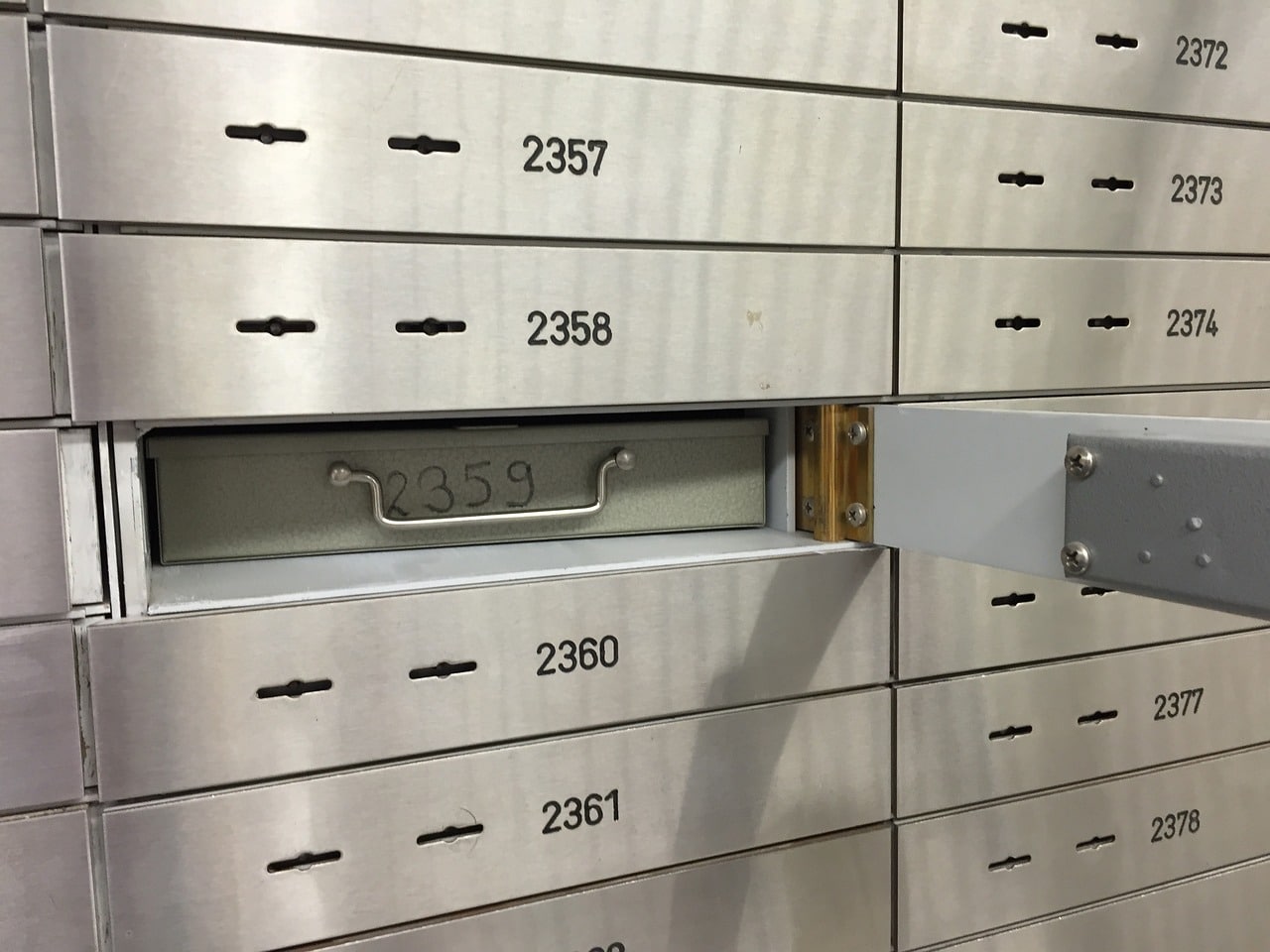“Not your keys, not your crypto” goes the adage that ricochets around Crypto Twitter like a perennial pinball, often shared by hardcore libertarian types or the compulsively anxious. The phrase is often invoked in close proximity to words like “decentralization” and “non-custodial.” But what do these words mean to someone looking to trade and hold crypto?
What Does “Custodial” Mean?
In crypto, “custodial” storage solutions are entities that hold (“custody”) your crypto on your behalf. Just like regular banks, these companies—generally exchanges or institutional storage providers—promise to look after your coins and tokens. This means, at least ostensibly, that you don’t have to worry about securing your own crypto—someone else will safeguard them for you.
Most exchanges, including Binance or Coinbase, are custodial exchanges. They hold all deposits on behalf of their customers and, in return, let them trade on their exchanges at a low cost and higher speeds. (Trades actually take place on the exchanges’ own order books, not on blockchains, which are comparatively slow and expensive.)
Many custodial exchanges are rigorous in ensuring that customers’ assets do not vanish into thin air. In some ways they are even more cautious than traditional banks, which generally invest deposits elsewhere and don’t always have all their clients’ money on hand in the event of a bank run. Big, mainstay crypto exchanges like Coinbase, on the other hand, don’t invest any of their customers’ funds. They simply hold onto them and can theoretically release them as soon as customers withdraw.
When “Custodial” Platforms Go Wrong
Custodial entities are not, however, always trustworthy or solvent. Regular bank deposits are often protected by government insurance schemes, but exchanges and other crypto providers are not banks, and are therefore not subject to that protection. Indeed, the FDIC, the American depositary insurance scheme for banks, has scolded crypto companies that have stated that they were covered by such insurance policies.
So, if a custodial entity goes insolvent or steals deposits, customers are out of luck. In terms of bankruptcy proceedings, they are usually considered ‘general unsecured creditors,’ meaning they are at the back of the line when it comes to being paid through court orders issued by bankruptcy judges.
This sort of thing happened several times in 2022, when custodial companies such as FTX, BlockFi, and Celsius went bust, leaving their customers in the lurch.
FTX, for its part, did, in a perverse way, operate like a traditional bank, investing its customers’ funds in crypto schemes that imploded. Unlike a traditional bank, however, it never actually told its customers it was doing this.
Introducing “Non-Custodial” Solutions
One solution, long touted by crypto advocates, is non-custodial trading and storage options. These are services that do not entrust your crypto into the hands of a centralized entity. Instead, you own your crypto. Such services include hardware and software wallets, and decentralized trading protocols like Uniswap.
Instead of delegating access over your funds to third parties, such solutions entitle you to keep control of your crypto at all times. This is, primarily, through access to non-custodial cryptocurrency wallets—the quasi-bank accounts that sit at the base layer of the blockchain and entitle you to send and receive cryptocurrencies.
For instance, the software wallet MetaMask lets you control the seed phrase to your wallet—a password to your funds that only you hold. And Uniswap lets you trade directly from MetaMask, meaning that the protocol only accesses funds you allow it to access. Ledger, a hardware wallet that looks like a USB drive, is perhaps even more secure, only connecting your wallet to the internet when strictly necessary.
In the good old days, Bitcoin pioneers stored their funds in the ultimate non-custodial wallet: a piece of paper with a public address written on it.
Of course, in using such non-custodial solutions you expose yourself to other risks: namely, that these solutions are honey traps in disguise, or that they are riddled with bugs that make things less safe than custodial solutions. Non-custodial solutions generally contain fewer fail-safes than custodial solutions, meaning less customer support and no remedies in the event of, say, scams. If someone finds your seed phrase, your holdings are toast.
Some exchanges offer a compromise, holding funds in what is called “cold storage.” As opposed to eternally online “hot wallets,” these funds are kept in wallets that are offline, protecting them from hacks and misappropriation, but remain in the hands of the exchange.
While all of these methods have their flaws, “self-custody” and its many permutations are growing more popular by the day.




